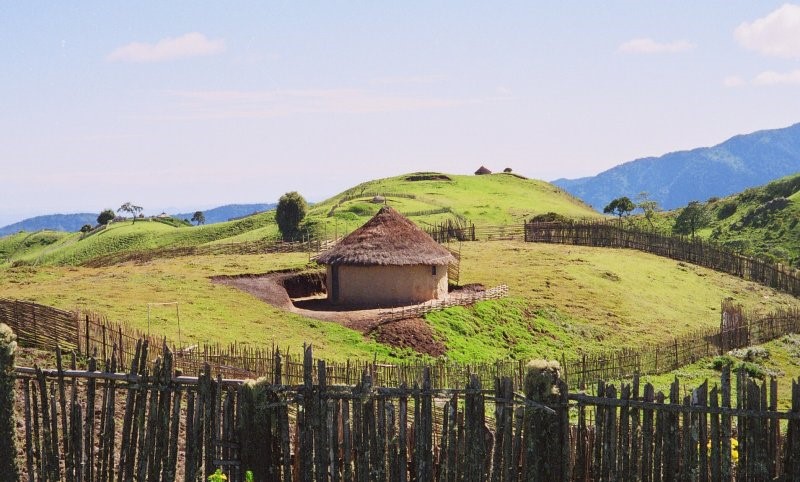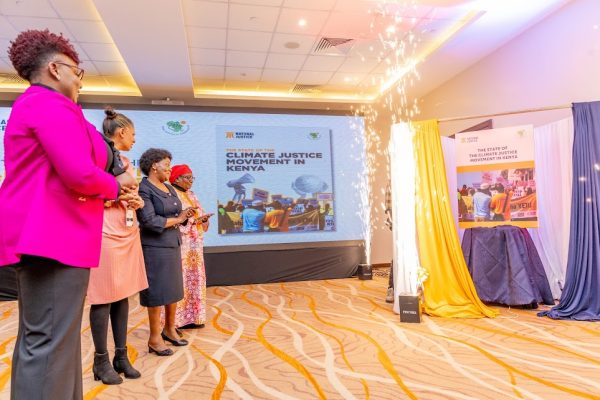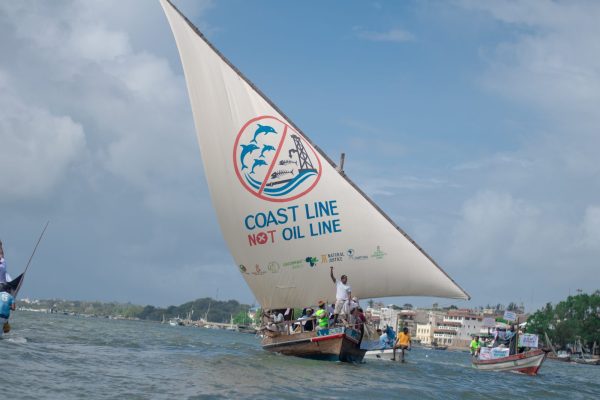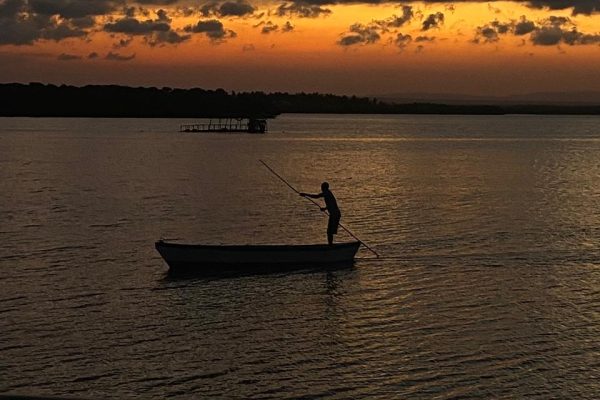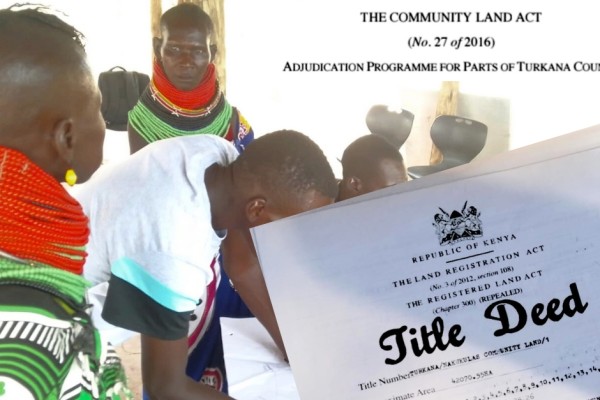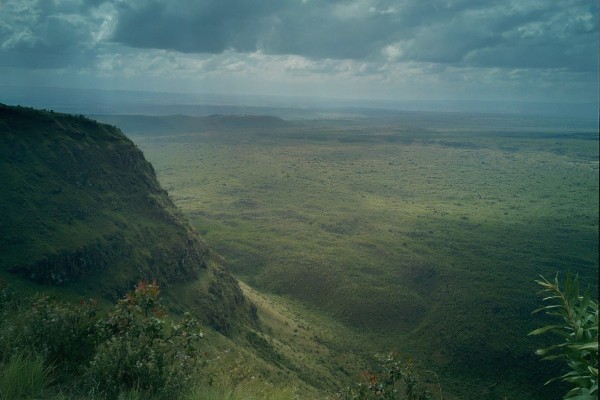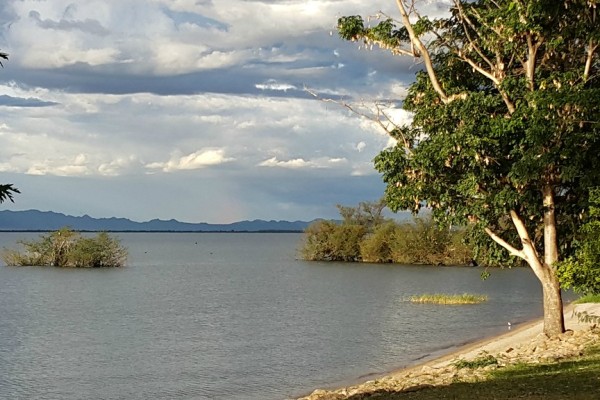The objective of the Dialogue was to identify and suggest improvements to existing approaches, tools, and practices to ensure that respect for human rights strengthens the ability to achieve conservation targets, and that securing conservation targets improves communities’ ability to secure their human rights.
Participants met on the first day to discuss their aspirations for the meeting, heard opening speeches, and began to consider the question: ‘Why do human rights-related conflicts arise in the context of conservation initiatives?’ On the second day, participants heard from indigenous peoples’ representatives and local organisations about their experiences with conservation-related conflicts. Representatives of the Ogiek and the Sengwer peoples (Kenya), the Karen people (Thailand), the Batwa people (Democratic Republic of Congo and Uganda), and Aboriginal peoples (Australia) shared their experiences, promoting a rich discussion of the specifics of each case as well as the similarities and differences between them. On the third day, participants revisited their initial consideration of the root causes of conservation-related conflict, and then considered two related questions, namely: ‘What can be done to avoid conflicts occurring?’ and ‘How can active conflicts be resolved?’ On the final day, participants expanded on the previous day’s discussions, focussing on the way ahead.
A report of the Dialogue’s deliberations and suggested next steps is currently being prepared. In the meantime, a side event on the Dialogue will be held at the 21st meeting of the Convention on Biological Diversity’s Subsidiary Body on Scientific, Technical and Technological Advice (Montreal, Canada) at 1:15 on 15 December (GRULAC Room). The event will be chaired by Pernilla Malmer, (SwedBio at Stockholm Resilience Centre) and Joji Carino (Forest Peoples’ Programme) and speakers will include experts that attended the Dialogue, including: Claudia Ituarte Lima (SwedBio at Stockholm Resilience Centre); Penninah Zaninka (UOBDU, Uganda); Carlos Manuel Rodriguez (Costa Rica), Zsolt Molnár (IPBES Global Assessment); and Tanya McGregor (Secretariat of the CBD).

